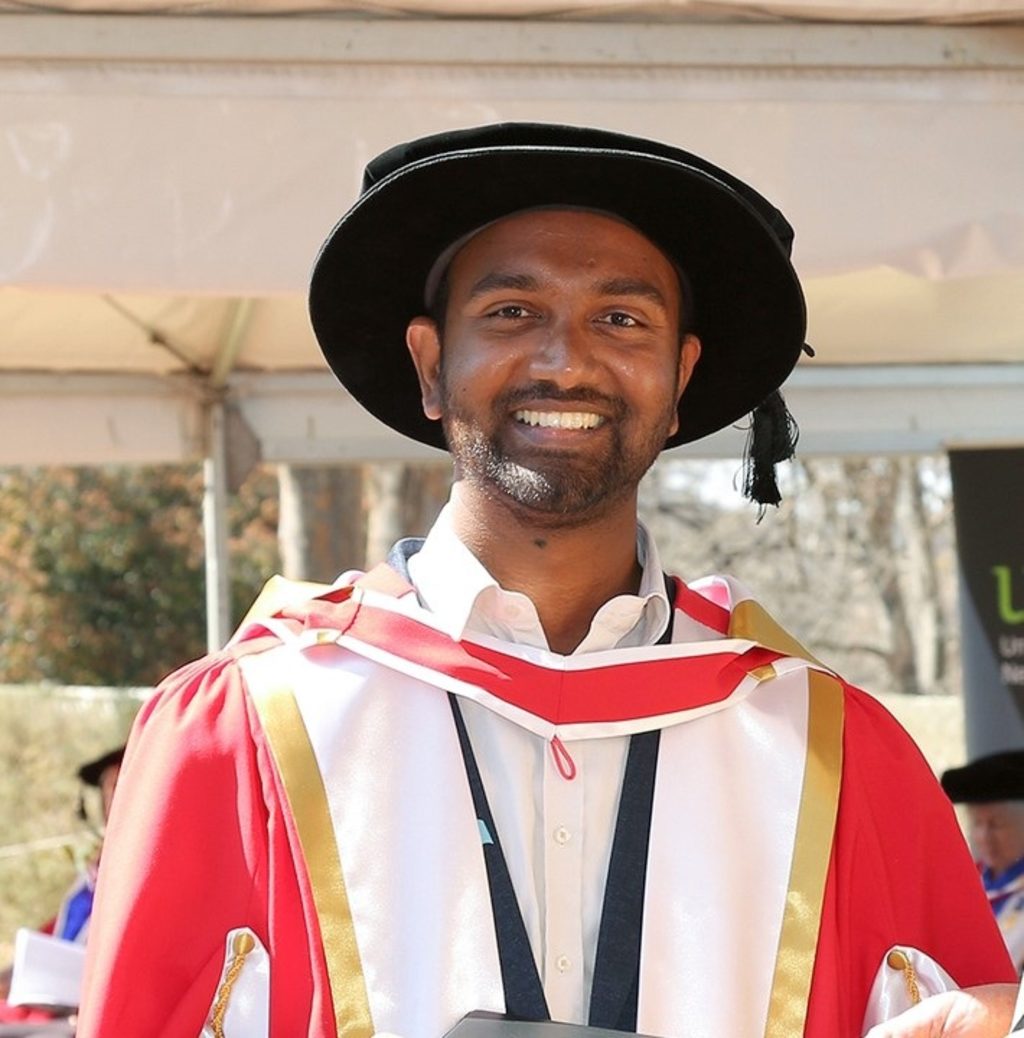There is an ongoing debate for the educational review of Fiji’s curriculum that could have been contributed by the unsatisfactory external examination outcomes. What is often ignored in these debates are the factors that are partly responsible for how our students perform in classrooms. In 2023, I graduated with a Doctor of Philosophy (PhD) in Linguistics as a recipient of the Australian Government scholarship. I thought it would be appropriate for me to discuss some key findings from my research, which I believe will assist policy makers in making sound decisions in reshaping Fiji’s education system.
Briefly, my three-year study looked at academic English writing skills of first year undergraduate university students. Some of the discussions from the thesis have been published as a paper: Language, educational inequalities and epistemic access: crafting alternative pathways for Fiji (2024) in the Qualitative Research Journal. I have also published my thesis as a book English Language Mediated Settings and Educational Inequalities: Language Education Policy Agendas in the South Pacific. It will be published in the UK by Routledge, which is due for release in March this year and makes significant recommendations on addressing some of the issues I discuss in this article. I was fortunate enough that the Deputy Prime Minister, Professor Biman Prasad wrote the blurb for my book: “Prashneel Goundar provides an excellent contribution on the issues faced by undergraduate students in their academic writing. Lack of good writing skills for many of them, pose significant challenges in their studies. This book based on research in Fiji provides a useful framework for policy interventions by higher educational institutions in Fiji to improve not only writing skills of undergraduate students but also ways in which they could be supported to successfully complete their qualifications.”
I WANTED to investigate educational inequalities that students encountered in learning English on their way to tertiary education. Since Fiji is spread across many beautiful islands, the way education takes place can vary. This is where my research came in – to find the issues these students need to navigate in acquiring English language writing skills. My study consisted of 120 university students who came from all schooling backgrounds – rural schools, urban schools, and maritime schools. The research identified four specific indicators of educational inequalities that our students in higher education encounter from primary school through to high school and university that hinder the development of adequate English language skills. These include: (i) lack of teaching and learning resources; (ii) language barriers; (iii) problems with the medium of instruction, and; (iv) shortage of experienced teachers. One student from a rural primary school told me that he could remember seeing the same books in the library when he was in Class Two until he left the school in Class Eight, there were no movements in the number of books in the library. Another student recalled that the school had books for lower primary only, and rarely a selection for upper primary.
Students explained a situation where the teacher was unwell for two terms, and they had to be without an English language teacher for that duration. They said there was no substitute teacher during this period, and they had to rely on other teachers to pitch in whenever possible. There was no contingency plan in place by the school to cover the lessons. Furthermore, when they did get a new teacher, they had to rush to the syllabus before the external examinations. In a related incident, participants reported having only one English language lesson in a week when they were attending primary school. Whilst several mentioned that slow learners in the class lost interest because of the fast-paced learning and teaching. There is a need to address teacher shortages in Fiji and employ more motivated teachers who are passionate about the development of our children.
An interesting finding was when a student from an island narrated that because everyone was familiar with each other in the village, the teacher taught all the lessons in vernacular even the English class. She said that she struggled to cope when she moved to a high school in Suva because she felt embarrassed to speak in English, as all the other students were doing. During breaks, she would isolate herself and either sit under a tree or go to the library to practice English. There was no support in dealing with the culture shock of being in an English language mediated environment after transitioning from a first language classroom setting.
Students also make comparisons when they are at a university. For example, some of the participants claimed that when they discussed with their friends who came from an urban school similar to them, they did not have access to the same resources. In another instance, students from a rural school had laptops in the library for their research work, but some of the students that came from urban schools did not even have one computer. Participants compared the unequal distribution of textbooks, lack of teaching materials such as newsprints, posters, teacher’s handbooks and blackboards.
We cannot put the entire blame on our students and teachers when we do not have the desired examination results. The issues that I have discussed here are just some of the factors, which need to be considered when we talk about an educational review for Fiji. In the end, we have to remember that we are not just looking at numbers or some statistics for a report. These are people’s lives we are dealing with who have real problems and we need to address these by making better decisions that ultimately reflect in their progress.
DR PRASHNEEL R. GOUNDAR is an Academic based in New South Wales, Australia. The views expressed in this article are his own. Email: prgoundar@gmail.com



